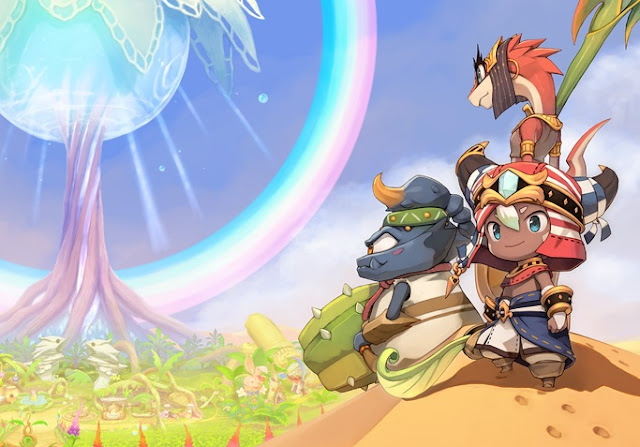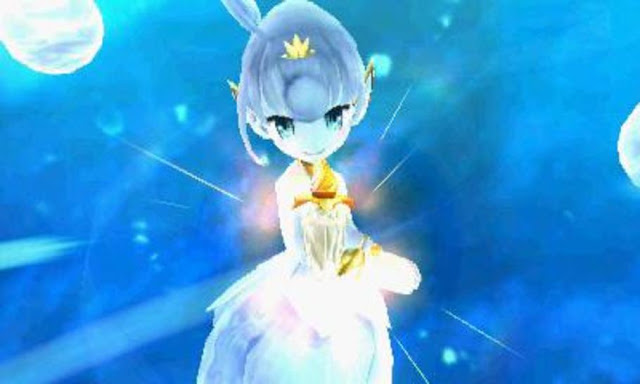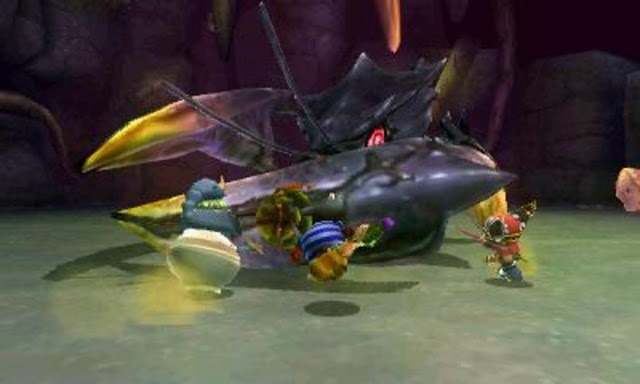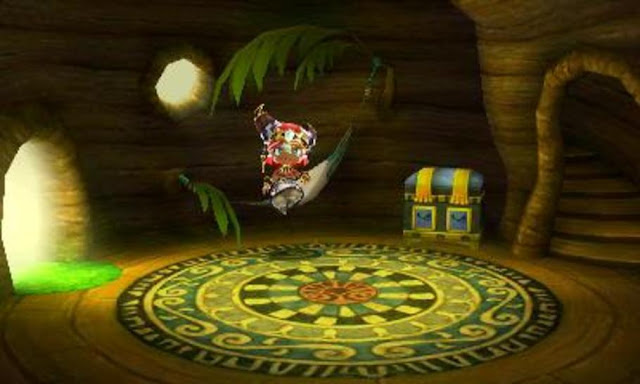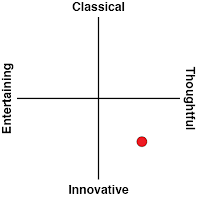Review by Clark A.
Latest Articles
Idea Factory International has announced the Western release date of action platformer Ariana and the Elder…
After its partnership with Idea Factory to bring the Hyperdimension Neptunia Re;Birth trilogy to Nintendo Switch…
I’ve been making my way through the surprise-dropped Tomb Raider Definitive Edition that landed on the…
Welcome to Digitally Downloaded’s weekly catch-up news feature, the catch-up coffee. Here, I bring you the…
Originally revealed during a Japanese Nintendo Direct earlier this year, the asymmetrical escape-action game Pritto Prisoner…

